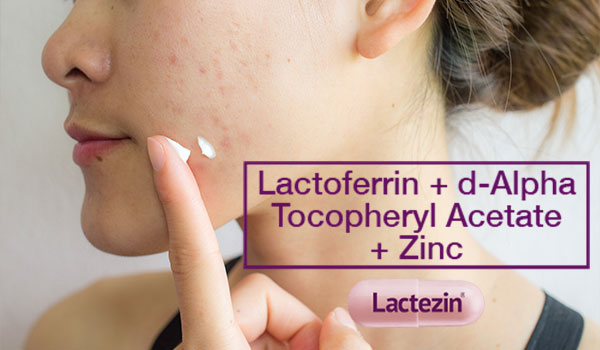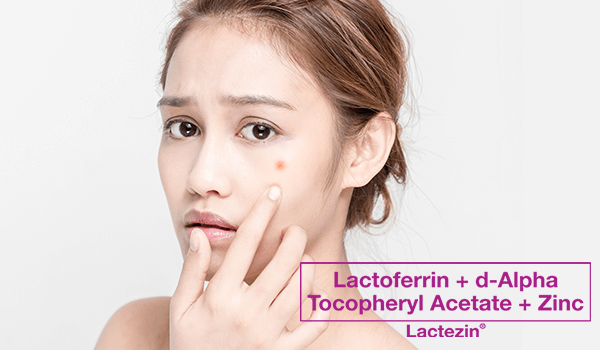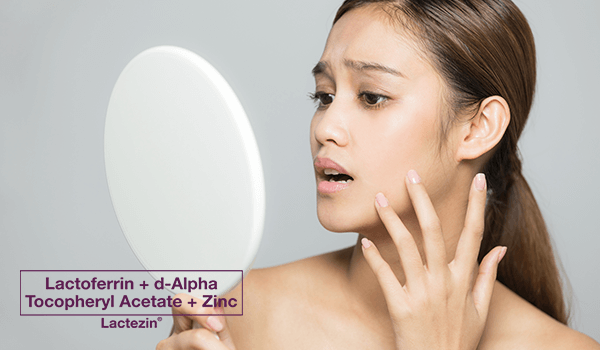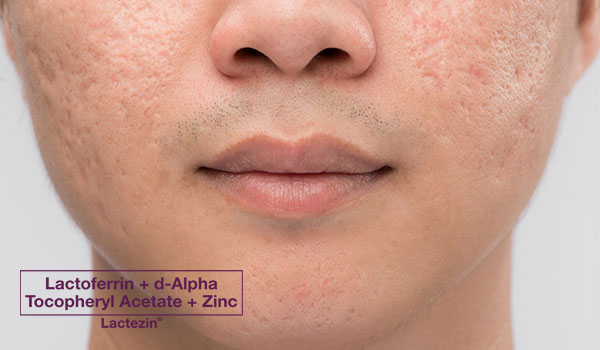Acne Scars & What Experts Recommend

While there may be lists and lists of remedies for acne scars on the Internet, not all that are listed may be safe and effective. Your best route? Go with what the experts recommend. Read on to learn about acne scars, its types, along with a run-through of professional treatments and at-home solutions.
Acne Scars: A Quick Refresher on the Skin Woe
When it comes to skin concerns and problems, nothing tops the expertise of dermatologists. And for acne scars that may become permanent if not treated, trust that the advice of skin experts can help. To better appreciate what experts recommend for treatment, it’s best to learn and understand what acne scars are, what they aren’t and what causes them to appear.
Remember: scars occur when your body is trying to repair a wound. The same is true with acne scars; they appear as the result of when acne blemishes inflame or swell. Within the affected pore, the walls break down and this may affect the deeper layers of the skin. As the inflammation eases and the skin tries to heal, scar tissue can develop.
Often used interchangeably, acne scars are not the same as acne marks. On one hand, acne scars come with changes on the skin’s texture. Due to tissue loss or the overproduction of collagen, acne scars can appear raised or depressed in the skin. On the other hand, acne marks are mere flat or smooth, dark or red spots that appear around an acne lesion. Another defining difference between scars and marks is that the latter can fade away on its own while the former will require treatment to prevent permanence.
As previously mentioned, acne scars have two main forms: either as an indentation or as a raised mark on the surface of the skin. Here’s a quick list of the main types and subcategories of acne scars:
- Depressed Scars (Atrophic)
Common on the cheeks, depressed scars result from when the body doesn't produce enough collagen as the skin tries to heal itself. Under this main type of acne scar are three common types, named according to the nature of their appearance.
- Ice Pick Scars - Typically caused by small, white, pus-filled pustules, ice pick scars are narrow and deep.
- Boxcar Scars - Round and wide depressions with defined edges, boxcar scars may fade over time, but won’t completely go on its own.
- Rolling Scars - Broad and noticeable scars, characterized by sloping edges.
- Raised Scars (Hypertrophic)
The complete opposite of depressed scars, raised scars result from when there’s too much collagen. A variation of this type are keloid scars which are raised, hairless and usually pink, red or flesh-toned.
What Experts Recommend for Acne Scars
The more you know about acne scars, the more you’ll know what treatment is best for banishing these skin concerns. When working with a dermatologist, the skin expert will start with a visual examination for diagnosis. This examination will also help determine how severe your acne scarring is.
- Macular (grade one) refers to scars that’s red but flat.
- Mild (grade two) refers to scars that can be covered with makeup.
- Moderate (grade three) refers to scars that are noticeable from a short distance (under 1 feet), even with makeup.
- Severe (grade four) refers to scars that are noticeable from a distance beyond 50 centimeters (or 1.64 feet).
In-office Treatments
Depending on your acne type, its severity and your discussion with your dermatologist, skin experts may recommend treatments, done with professional equipment available in a clinic. The following are sample treatments:
- Chemical Peels. A chemical peel procedure involves the use of strong acid to remove the top layer of skin (a layer of old and dead skin cells) to encourage new skin that’s smoother and has less scars. Although great for all types of acne scars, chemical peels are often recommended for deeper scars.
- Dermabrasion. The goal with dermabrasion is also to remove the top layers of the skin. But instead of utilizing a strong acid, skin experts use a special tool (a wire brush or a wheel) for deep exfoliation.
- Laser Resurfacing. Laser procedures use heat to stimulate the skin’s wound healing response, and to create new collagen. As the term “resurfacing” hints at, the target is to get rid of the top layer of the skin to encourage the growth of new skin. While this professional treatment is for all types of acne scars, it’s not a recommended option for those who frequently get breakouts.
Once you get in touch with a dermatologist, you’ll find that there are more options you can try for improving the appearance of acne scars.
At-home Treatments
Can you treat acne scars from the comforts of your home? The truth is that professional treatments such as those mentioned earlier are the sure ways to enhance acne scars. But reducing the occurrence of acne which could lead to scars is very much doable at home. Here are a few dermatologist-recommended skincare ingredients that can help with treating acne and preventing new acne scars.
- Salicylic acid helps dissolve oil and prevent buildup in pores
- Azelaic acid helps clear out pores of bacteria while encouraging cell turnover
- Retinol (a derivative of Vitamin A) helps with skin exfoliation while supporting skin cell turnover and collagen production
- Alpha-hydroxy acids (AHA) helps unclog pores while fading dark spots
- Vitamin C is a powerful antioxidant that helps protect the skin while reducing the appearance of dark spots
Treating Acne Helps Prevent Acne Scars
The best way to treat an acne scar is to prevent it by minimizing acne. Clinically-tested, over-the-counter drug Lactoferrin + d-Alpha Tocopheryl Acetate + Zinc (Lactezin) helps you do so in as early as 2 weeks with twice daily intake, with the combined benefits of 3 skin health-supporting nutrients: Lactoferrin with its antibacterial and anti-inflammatory properties, Vitamin E with its skin renewing effect and Zinc for its assistance in wound healing.
Catch more skin care tips and expert treatments for acne scars from Lactezin. Lactoferrin + d-Alpha Tocopheryl Acetate + Zinc (Lactezin) is available in all leading drugstores nationwide. You may also purchase online through Lazada and Shopee.
ASC REFERENCE NO. U054P101221LS
If symptoms persist, consult your doctor.
SOURCES:
https://www.nbcnews.com/shopping/skin-care/best-acne-scar-treatments-n1273575
https://www.vogue.com/article/how-to-get-rid-of-acne-scars
https://nextstepsinderm.com/derm-topics/acne-scar-treatments-the-expert-weighs-in/
https://my.clevelandclinic.org/health/diseases/21222-acne-scars
https://www.healthline.com/health/acne-scars#_noHeaderPrefixedContent


